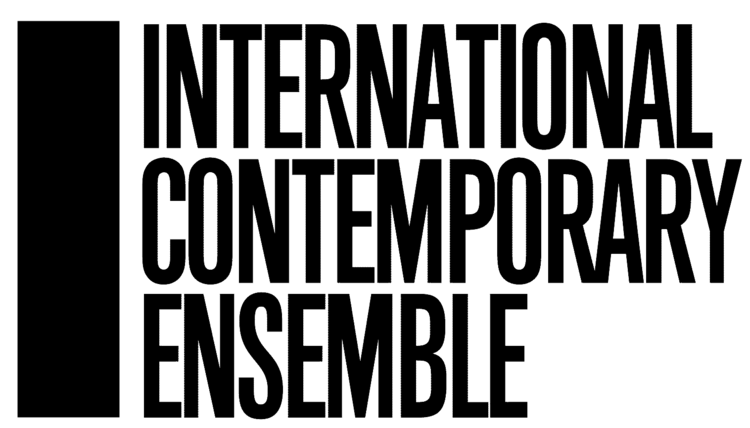George Lewis: Afterword (2015)
Developed with directors Catherine Sullivan and Sean Griffin
Performed by: Joelle Lamarre (soprano), Julian Terrell Otis (tenor), Gwendolyn Brown (contralto), Otis Harris, Zachary Nicol, Ninah Snipes, Coco Elysses, Douglas R. Ewart, Ann E. Ward, Discopoet Khari B., and the International Contemporary Ensemble
The work derives from Lewis’s book about the Association for the Advancement of Creative Musicians (AACM), A Power Stronger Than Itself: The AACM and American Experimental Music (University of Chicago Press, 2008).
“Founded on the South Side of Chicago in 1965, the Association for the Advancement of Creative Musicians has long played an internationally recognized role in American experimental music. The AACM’s unique combination of artistic communitarianism, personal and collective self-determination, and ardent experimentalism animates the Afterword project. However, Afterword is not a history of the AACM, but a ‘Bildungsoper’—a coming-of-age opera of ideas, positionality, and testament. The challenge here was to create an opera around a collective that remains noted for its diversity of approaches to creative practice, while eschewing direct character representation of AACM artists. The opera eschews a conception in which fixed, authorial characters pose as what Michel Foucault calls “historical figure[s] at the crossroads of a certain number of events'' in favor of having music, text, and movement deploy a tricksterish displacement of character onto metaphysical collectivities. Sung and spoken voices, instrumental music, and movement become heteroglossic avatars, in a process described by Toni Morrison and others as the expression of a community voice. In some scenes, that voice presents remembrances and testimony; in others, clashes between subject positions allow audiences to eavesdrop on history as it is being made in real, human time, bringing us face to face with contingency, empathy, and wonder. In a sense, the community voices adopted by the avatars could also constitute externalizations of the conflicts within a single complex human life.” — George Lewis
